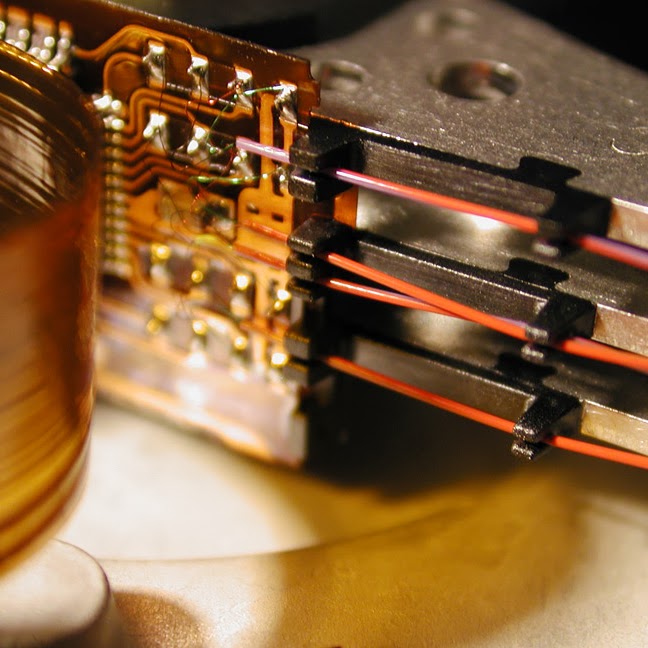Traditionally, one would have to periodically check the status of the dust filtering on a PC case, but that’s not the case (pun intended!) with the Asus ProArt PA602. This chassis has a fancy infrared (IR) sensor behind the front-facing dust filter. Should this detect a set layer of dust covering the filter material, a small LED will illuminate on the side of the case. It’s tastefully done. No alert on an LCD screen, no obnoxious sound. With this activated, you will know to clean the filter (and give the inside a quick air blast) next time the system has been shut down.
Quite a thoughtful case, apart from having the dust filter warning, it also has wheels to move it more easily.
But it does show also, is that even cases can innovate as well. I’d like to see more of these and maybe have the sensors also on the other dust filters (my case has one underneath as well), as IR sensors themselves are not very expensive to incorporate.
See https://www.xda-developers.com/this-asus-pc-case-monitors-your-dust-filter/
#technology #cases #dust


Gigabyte uses air pressure sensors (totally “not a microphone”) to measure noise levels (nope, not a microphone)… but what you’d probably want, is some sort of airflow sensor (or “totally not a fan wired in reverse”)… only then the sensor would also get dusty and lose precision over time. The IR may seem like overkill at first, but actually it looks like the better solution in this… case (pun intended).
Wouldn’t the pressure sensors give out wrong readings if the case was put somewhere with bad airflow
Airflow is what you want to know; after all, fans are there to cause airflow.
The problem with barometric pressure sensors, is that they’d measure static pressure, which from a single sensor, is not informative (changes with the weather, depends on altitude, etc.).
A case could use the difference between 2 sensors: outside/intake, vs. inside. If there was a pressure differential buildup, it would indicate a blocked output, while no difference in pressure, would indicate a blocked intake.
That’s still 2 sensors instead of 1, with some processing and possibly calibration going on… but could be interesting.